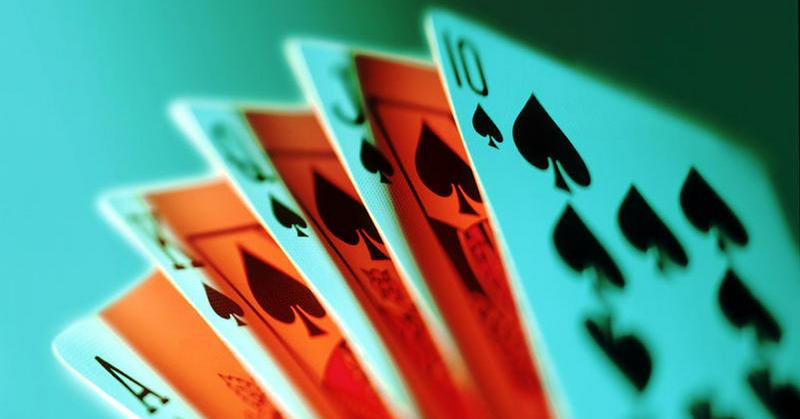New Orleans: Surprising Inventions From The Big Easy
By | March 23, 2022

When you think of New Orleans, you're probably thinking of good music, good food, and Mardi Gras, but the Big Easy is home to many other popular inventions. Such as...
Dental Floss
In 1815, a New Orleans dentist by the name of Levi Spear Parmly got tired of seeing his patients come in with cavities and advanced gum disease. A pioneer in the field of preventative dentistry, Parmly invented the modern flossing technique and popularized flossing with easily accessible silk thread, which was strong but slick. A few years later, he wrote the book A Practical Guide To The Management Of Teeth, which influenced the American public to brush twice a day and floss daily.
Venetian Blinds
The story of Venetian blinds has surprisingly little to do with Venice, as they were thought to have been originally conceived in Persia, popularized in France, and patented in England in the mid 1700s. However, it wasn't until 1841 that New Orleans inventor John Hampson figured out how to slant the blinds upon pulling the cord so that they close in on each other, granting more control over the amount of light in the room, which was probably pretty useful during those hot Louisiana summers. These types of blinds are still widely used and sold today.

First Poker Game
It's difficult for historians to pin down the exact date that poker was first played, but it likely came from a French game called poque that was popular along the lower Mississippi River region during the 1800s. The first true record of a poker game dates back to 1829, when English actor Joseph Cowell described the game being played with a 20-card deck in an undetermined location within New Orleans.
Jazz
Of course, no list of New Orleans inventions would be complete without jazz, a renowned genre of music that mixes African rhythmic traditions with European harmonic chords. It has its roots in the Congo Square of New Orleans, an important cultural center for the enslaved population of the 18th and 19th centuries where they met on Sundays to trade and dance. Their unique musical stylings flourished in the commercial sector after the Civil War, and by the turn of the 20th century, jazz was in full swing.

Cocktails
Once again, it's hard to know just who created the first mixed drink, but on record, the honor goes to Antoine Peychaud of New Orleans, who promoted his apothecary shop in the 1830s by putting bitters into alcoholic drinks, thus inventing the coquetier, the French word for the egg cup he used to measure. However, there is evidence of the word "cocktail" being used as far back as 1803 in relation to adding bitters to drinks, so it may be more a case of good branding than actual invention on Peychaud's part. Either way, the first well-known crafted cocktail, the Sazerac, was born in New Orleans from Peychaud's bitters, so we can still credit the city for that bit of tipsy cultural legacy, regardless of who actually coined the term.

